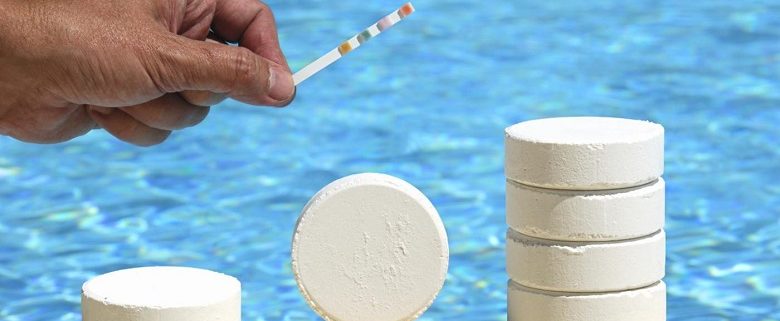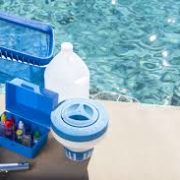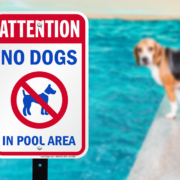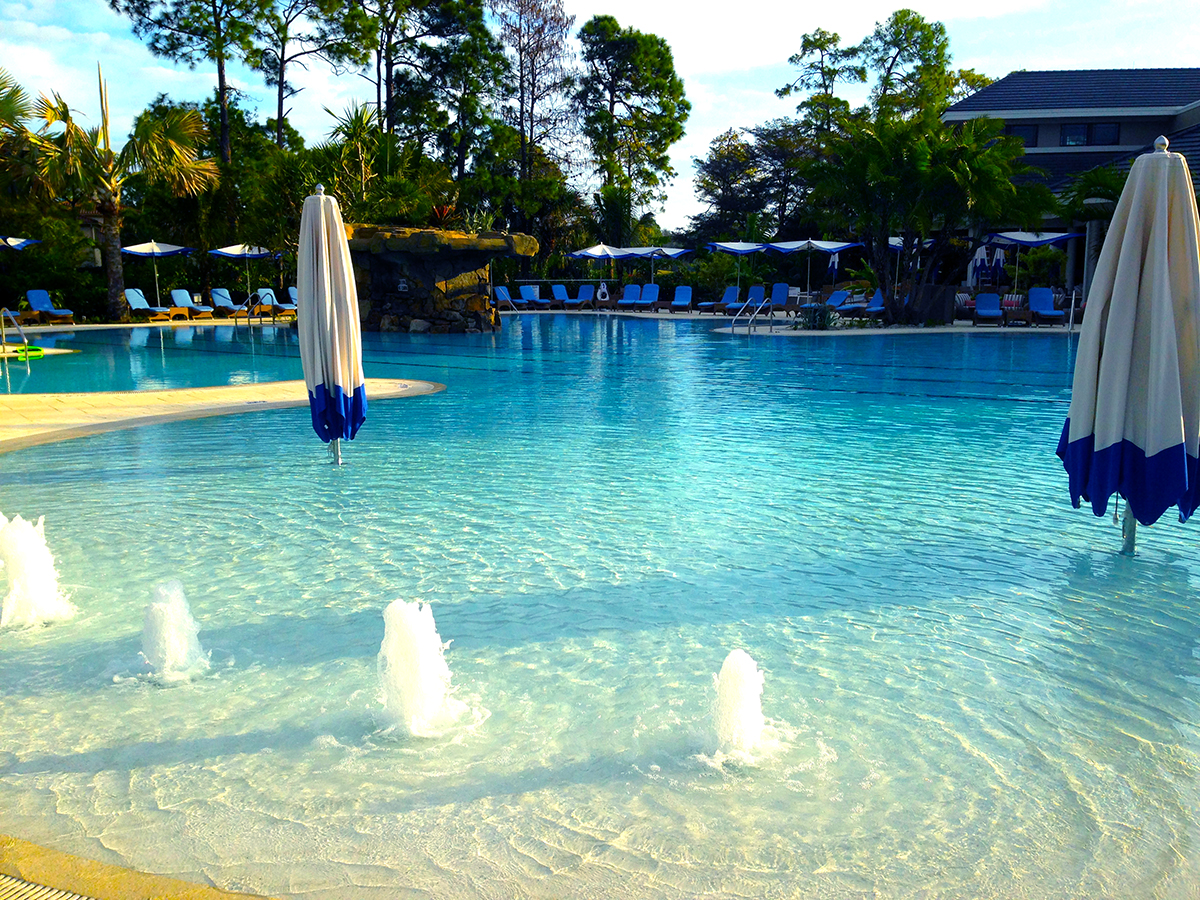Is Too Much Chlorine Bad For Your Pool?
Have you ever found yourself in a position where you added way too much chlorine in your pool? Majority of people have done it. For most it’s accidental and for some, it’s intentional in the hopes that more chlorine will be better for the disinfection of the pool. In truth, too much chlorine is actually bad for you and for the pool.
How too much chlorine affects you and the pool
Over-chlorination in pool water has been known to cause skin, eye and lung irritation as well as provoking asthma. Aside from that, there is the risk of chlorine poisoning from the excessive inhalation of the toxic fumes released from over-chlorination. This is because of the existence of chloramines in the water, which lower the pH of water considerably and result in increased water acidity. This is also what damages your pool. Too much acidity in the water results in corrosion of pipes, which accelerates their wear and undermines the structural integrity of your Naples pool construction.
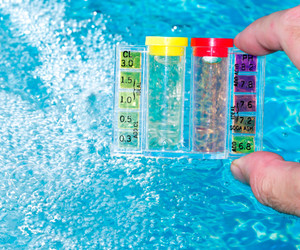
Pool water test kit in hand
How much is too much?
The amount of chlorine that you add to your pool is dependent on the amount of water in the pool. You can’t just eyeball it and hope to get the right amount. Before you start chlorinating the water in your Naples pool, you should have an expert come and give you the measurements and explain how best to chlorinate your pool. Having said that, what exactly should one do if they suspect that they added a little too much chlorine?
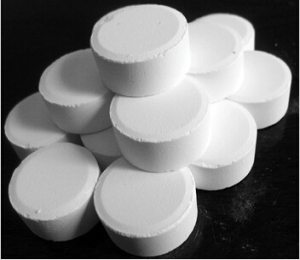
What to do in the event of over-chlorination
The first step is to be sure that there is indeed over-chlorination. For this, you should do a pH test and a chlorine level test. If both tests are in the ballpark, then you can rest easy. However, if the tests prove that you’ve added a little too much chlorine, you should take steps to mitigate this. Keep in mind that the steps are dependent on the severity of the situation.
- Uncover the pool
It goes without saying that you shouldn’t add more chlorine to the pool at this point. Instead, you should uncover your pool and let it soak in the sunlight. The UV radiation is known to destroy chlorine, thereby reducing its levels and toxicity in the water.
- Chemically neutralize it
The next step should be the addition of chemicals that neutralize the chlorine such as Sodium Thiosulfate. Keep in mind that you shouldn’t add too much of these chemicals lest you neutralize all the chlorine.
Ready to add a swimming pool to your home? Contact us today for a quote!

